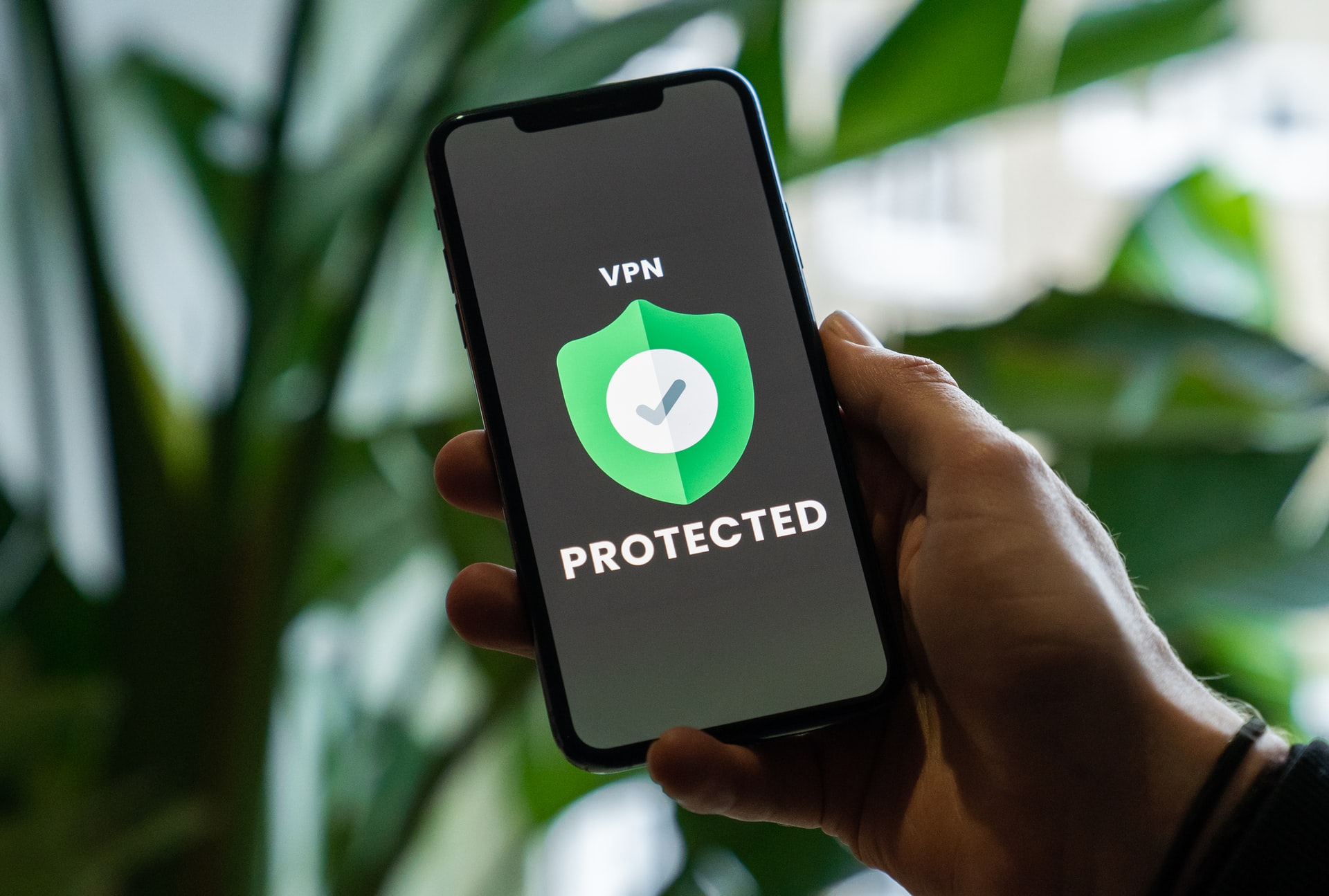As more and more businesses, services, and communication channels move online, it is important that we regularly review our attitude to online security. These days, it takes more than a simple password and some out of date antivirus software to keep you safe whilst you surf the world wide web. You also need to be aware of how to locate trusted websites, keep your security software up to date for all your devices, and tweak your privacy settings so that they fit your personal requirements.
Here, we set out the basics of managing your online security and ensuring that you keep yourself safe on the internet. It includes some technical solutions, of course, but never underestimate the virtue of common sense as well – your own logic and rationality can play a big part in keeping you protected.
Use Trusted Websites
One of the most useful skills to have in your arsenal whilst doing anything online is the ability to spot a trustworthy website. Luckily, this has been made much easier in recent years with the introduction of HTTPS or hypertext transfer protocol secure. This is a safer version of the standard HTTP, which is the method by which data is sent between a web browser, like Google Chrome, Firefox, or Safari, and a website. If a web address appears with the all-important ‘S’ included, then it means that it is using an encrypted form of communication, therefore making it less vulnerable to malicious activity.
When searching for a website to conduct any business such as shopping, gaming, betting, or paying bills, you can take it one step further and use a trusted comparison site to find the best option for you. For example, Kakaku is a very popular Japanese comparison site, helping consumers to find online retailers for all sorts of products and services. Similarly, Asia Bet helps customers to connect with reputable casino gaming sites and sportsbooks local to them, spanning from Bangladesh all the way through to Vietnam. Using trusted comparison sites such as these means that you add one extra level of security to your browsing habits.

Download Appropriate Software
For those of us who have been using the internet since Web 1.0, we’re used to products like antivirus software and antimalware clients. However, not everybody has fully comprehended the important of VPNs and password managers in the 21st century. A VPN, or virtual private network, can protect your identity online and make all of your online browsing activities more secure. It does this by masking your IP address and establishing an encrypted connection between you and the network you are using, whether it is private or public. It will hide your browsing history and geographical location as well as your IP, leaving you free to browse in peace.
Of course, one of the weaker links in the chain when it comes to internet security is the humble password. User generated passwords generally are not secure enough in this day and age, which is why password managers are becoming more popular. It can generate and remember complex passwords for you, so that you don’t have to worry about either recycling the same passwords, or remembering a different complicated one for each and every log in.
Update Privacy Settings
Once you have your password manager and VPN set up, you might also want to go through all of your existing online accounts and check your privacy settings. Apps, websites and even the software on your devices go through near constant updates to make them more secure, but this may lead to loopholes in your privacy settings. It is advisable to look at the information that you once entered in order to set up, for example, a social media account, and decide whether it still needs to be there. After all, is it necessary that all of your Facebook followers know your home telephone number? Or your marital status?
Another good idea is to double check which online vendors are holding your payment details. If you have a PayPal account connected to your bank account and use it to transfer funds regularly, then it makes sense to keep this information in place. However, if you once used an online shop to buy a product but haven’t used the site again since, then it’s unlikely that it still needs to hang on to your debit or credit card details.





